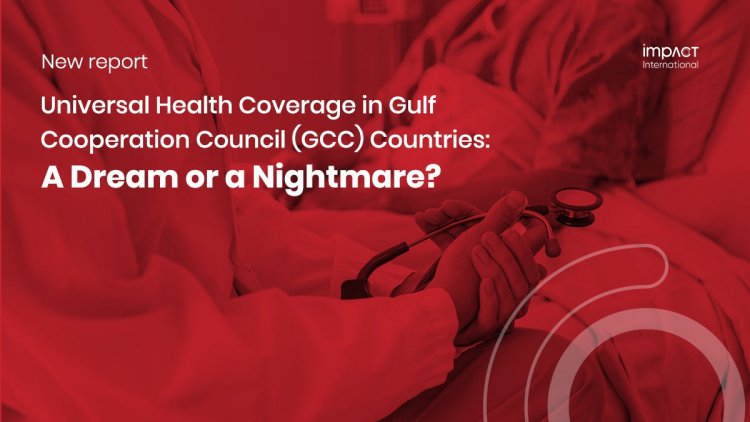
Universal Health Coverage (UHC) is a key global goal, adopted by the World Health Organization (WHO), which means that all individuals are able to receive the healthcare that they require without enduring any financial hardship.
There have been efforts in the six Gulf Cooperation Council (GCC) states – Saudi Arabia, Oman, Kuwait, Bahrain, United Arab Emirates (UAE), and Qatar – to achieve UHC for all their citizens and residents. The health sector in GCC countries has been undergoing a period of expansion and transformation, whereby healthcare reforms are meeting high demands of health services and a growing population. For example, in December 2021, The Expo 2020 Dubai hosted the WHO's celebration of the UHC Day, under the theme “Leave no one's health behind: invest in health systems for all”.
The GCC is well known globally for being a host of a high percentage of migrant groups (over 10% of all migrants globally), with Saudi Arabia and UAE respectively hosting the third and fifth largest migrant populations worldwide. Foreign nationals make up the majority of population in the six GCC countries, with an average of 70% (ranging from 56% to 93% in individual countries).